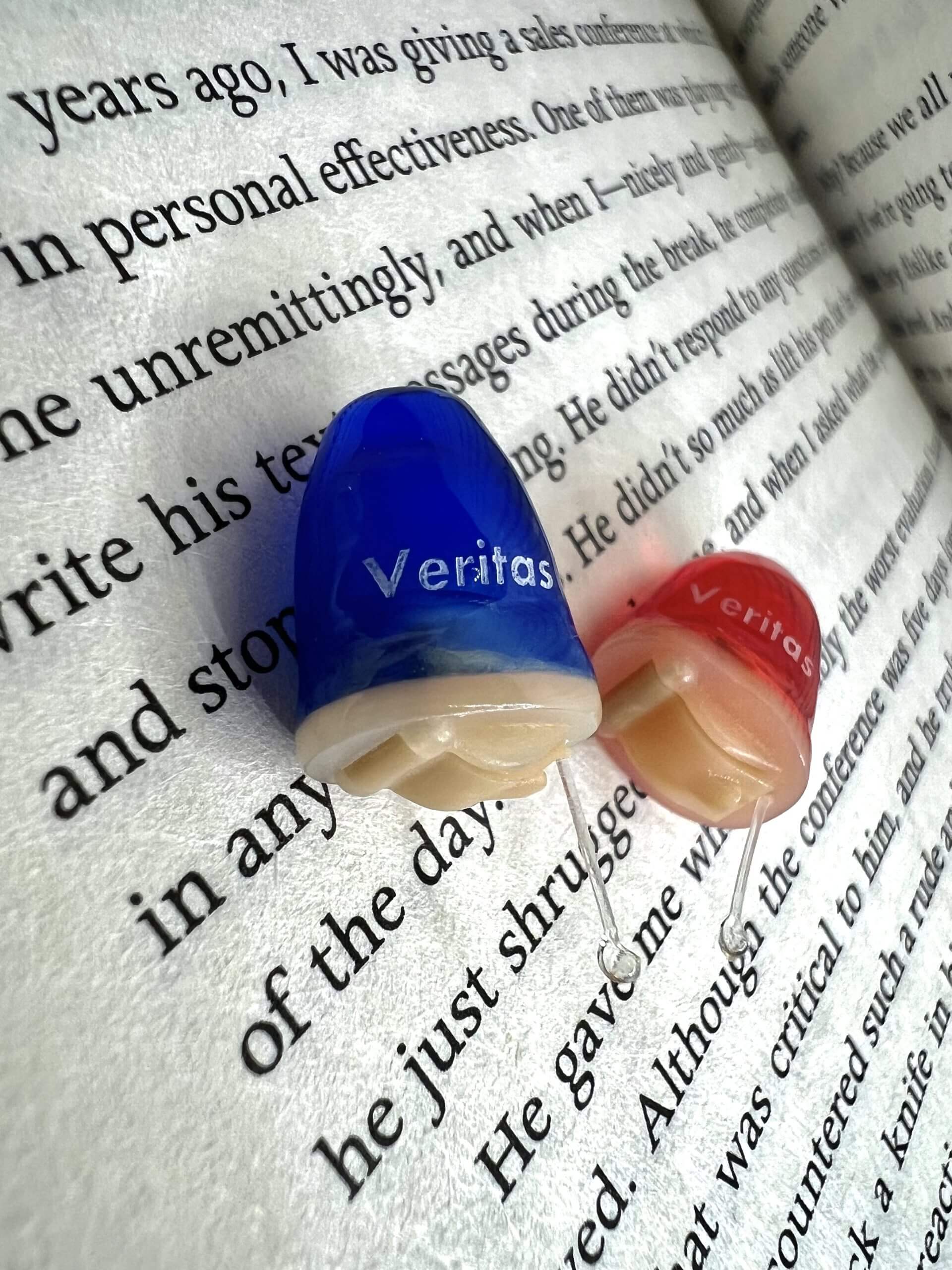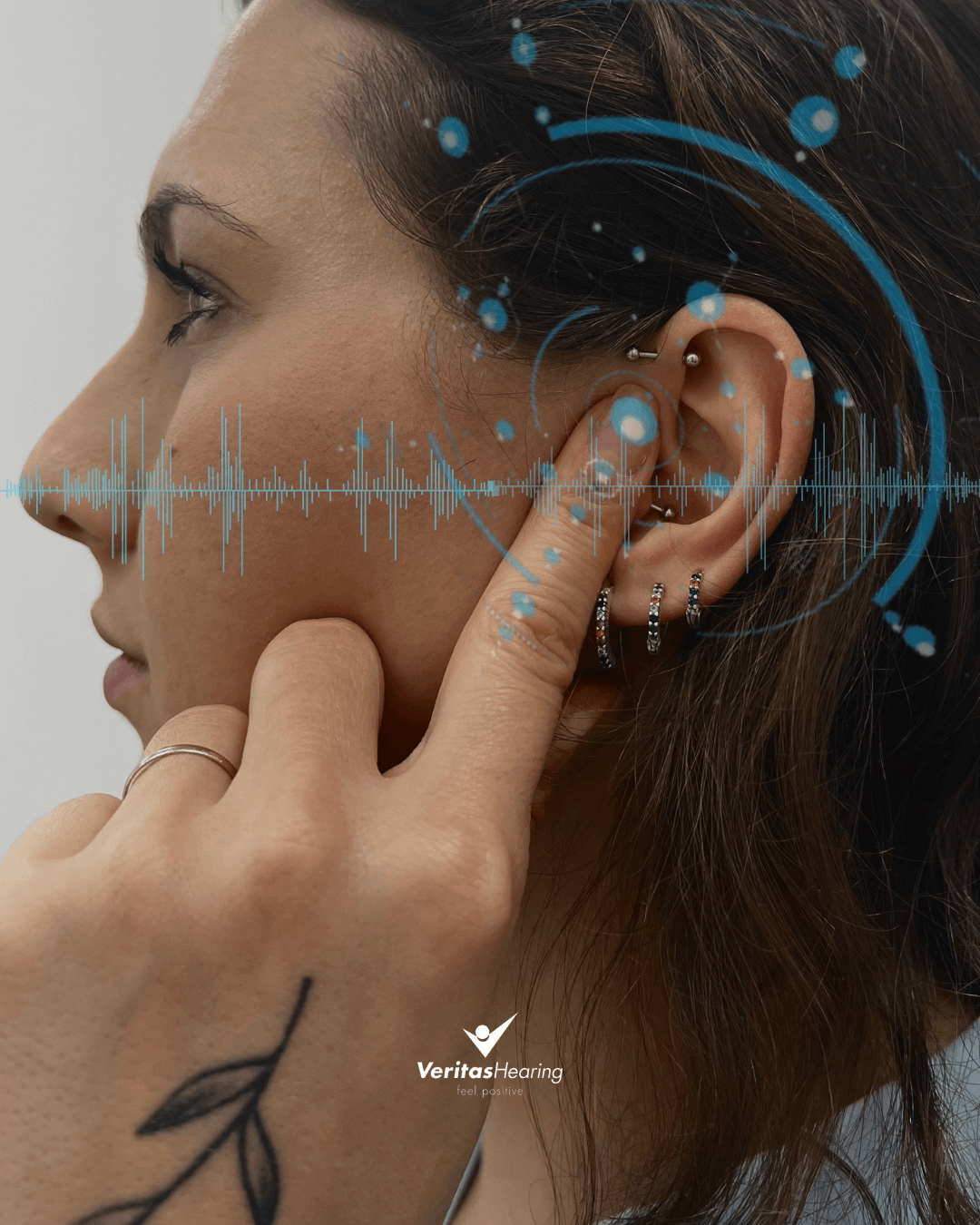
Do I need a hearing aid if I only have a mild hearing loss?
Generally speaking, there are 4 degrees of hearing loss: mild, moderate, severe and profound. After you have a hearing test,
The tiny invisible hearing aids of today are very, very different from the ones that your distant relatives would have had to rely on. So today on the blog, we are getting geeky and excited by how hearing aids have evolved from hearing trumpets to the teeny advanced devices we see (or hear!!) today.
The first true hearing instrument was developed in the 17th century and was called a hearing trumpet. All this trumpet did for the wearer was collect the sound and bring it in to the ear. There was no amplification or refining of sound and so not exactly fit for purpose.
By the time we reached the 19th century, people were getting fed up of the hearing trumpet and so it was redesigned. People were more interested in making their hearing device appealing, and if possible, hidden. Hearing devices were adorned with beautiful painted engravings and were often designed as beautiful headbands to disguise the hearing device to some extent. Unfortunately, at this point in history, hearing loss was inaccurately linked to other diabilities which resulted in creating a hige stigma around any form of hearing loss.
Luckily for those with hearing loss, the invention of the telephone in 1876 greatly improved the engineering of hearing devices. This is because you couold now get an electronically transmitted sound signal from somewhere else. It did take a few years, but finally in 1898, the first electronic hearing aid was created; the Akouphone.
This brand new hearing aid consisted of a separate microphone, an amplifier and headphones. Unfortunately, batteries weren’t great during this time period and so the aid required a big bulky battery that only lasted a few hours at a time. This made it very expensive so not a lot of people were able to beenfit from this new technology.
Finally, in the early part of the 20th century, hearing aids finally became a lot smaller. They were still inconvenient in the sense that you had to wear the amplifier and batteries around your neck as well as carrying the micrphone. This meant people could speak directly into the microphone and the sound would be amplified in your ear. Unfortunately, the size of the microphone was dependant on your hearing loss meaning that if your loss was severe, your microphone would be rather large!
By the time we reach the 1950s, the invention of the transistor radio assisted in helping hearing aids to evolve even further. Hearing aids could now finally be worn above or behind the ear and therefore were finally beginning to look like hearing aids that we could recognise today. Another ten years on from this and you could even get hearing aids that sat inside the ear canal.
Finally, by the time we get to the 1990s. hearing aids were now digital and much more recognisable as the aids we see today. The digitalisation of hearing aids is by far the most successful deign of hearing aids that had and has ever been seen; a tiny programmable computer that fits inside the hearing aid amplifies millions of different sound signals very precisely.
Now, hearing aids are smarter than ever and can even connect to the internet, meaning you can listen to your TV, music or even take phone calls directly into your hearing aid by connecting with the relevant device.
Hearing aids today are tiny and very discreet, but don’t be folled by this! They have very powerful mini computers inside which proicess sound automatically to give you the best sound wherever you are. There are some aids which even let you tailor your hearing experience using an app on your smartphone.
We’ve come an awfully long way since the hearing trumpet on the 17th century and hearing aid technology should be celebrated. There are so many different options out there for people with a hearing loss and we would love to help you on your journey. Whether you want something super discreet or bright pink, we are here for your every hearing need.
[html_block id=”3745″]

Generally speaking, there are 4 degrees of hearing loss: mild, moderate, severe and profound. After you have a hearing test,

Fireworks are an exciting sensory experience that are often added to special celebrations. New Year’s Eve particularly sees cities across

This is a question we get regularly. Hearing aid feedback is an annoying whistling sound in your ear that sometimes
We started our company in 2011 with a simple concept of hearing appointments for anyone in the comfort of their own home, work or personal space. We understand that not everyone can or wants to travel out to a clinic and some of us even prefer to be seen in our own surroundings.
© 2024 Veritas Hearing Ltd. All Rights Reserved.